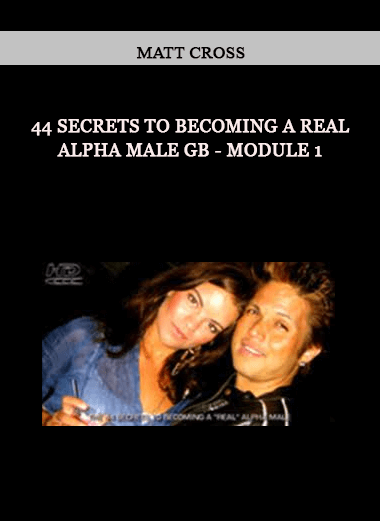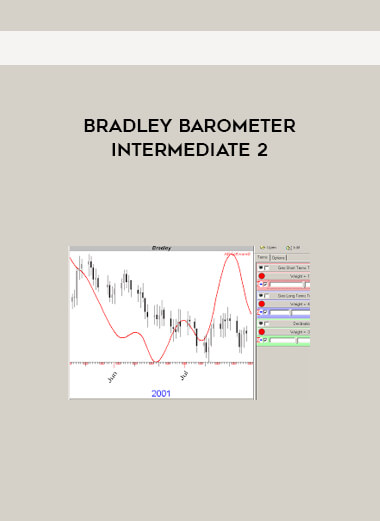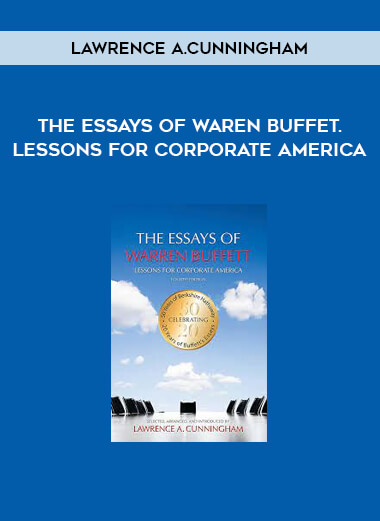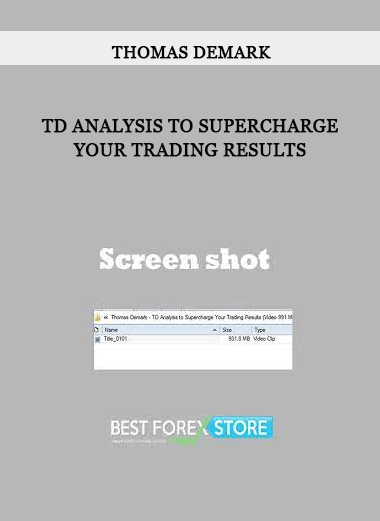Courses Infomation
Carlos Usabiaga Ibanez – The Current State of Macroeconomics

Carlos Usabiaga Ibanez – The Current State of Macroeconomics
The book provides an authoritative guide to the current state of macroeconomics and the views of the leading practitioners of the discipline. The subject is approached from three main perspectives: methodology, theory and economic policy. The focal interest of the book is its being built on extensive conversations with some of the world’s leading macroeconomists. The book is structured in two parts: the first contains a brief introduction and the transcript of the conversations, and the second presents systematic analysis of the main information they contain. The conversations cover all the major topics of macroeconomic theory, as well as questions of methodology, relationships with the real economy, academic systems and future lines of research. This book will be important supplementary reading for macroeconomics courses at different levels, and for a wider audience of researchers and scholars in economics.
About the Author
CARLOS USABIAGA IBANEZ was born in Seville, Spain in 1965. He graduated in economics in 1988 at the University of Seville, and obtained his doctorate from the same university in 1992, receiving the award of ‘Premio Extraordinario de Doctorado’. Since 1988 he has been lecturing in macroeconomics at the University of Seville, where since 1995 he has been professor of economics. He has published widely on topics related to macroeconomics and modern economic thought, and has been a Visiting Scholar at the London School of Economics and Northwestern University.
What is forex?
Quite simply, it’s the global market that allows one to trade two currencies against each other.
If you think one currency will be stronger versus the other, and you end up correct, then you can make a profit.
If you’ve ever traveled to another country, you usually had to find a currency exchange booth at the airport, and then exchange the money you have in your wallet into the currency of the country you are visiting.
Foreign Exchange
You go up to the counter and notice a screen displaying different exchange rates for different currencies.
An exchange rate is the relative price of two currencies from two different countries.
You find “Japanese yen” and think to yourself, “WOW! My one dollar is worth 100 yen?! And I have ten dollars! I’m going to be rich!!!”
When you do this, you’ve essentially participated in the forex market!
You’ve exchanged one currency for another.
Or in forex trading terms, assuming you’re an American visiting Japan, you’ve sold dollars and bought yen.
Currency Exchange
Before you fly back home, you stop by the currency exchange booth to exchange the yen that you miraculously have left over (Tokyo is expensive!) and notice the exchange rates have changed.
It’s these changes in the exchange rates that allow you to make money in the foreign exchange market.
Salepage : Carlos Usabiaga Ibanez – The Current State of Macroeconomics































Reviews
There are no reviews yet.